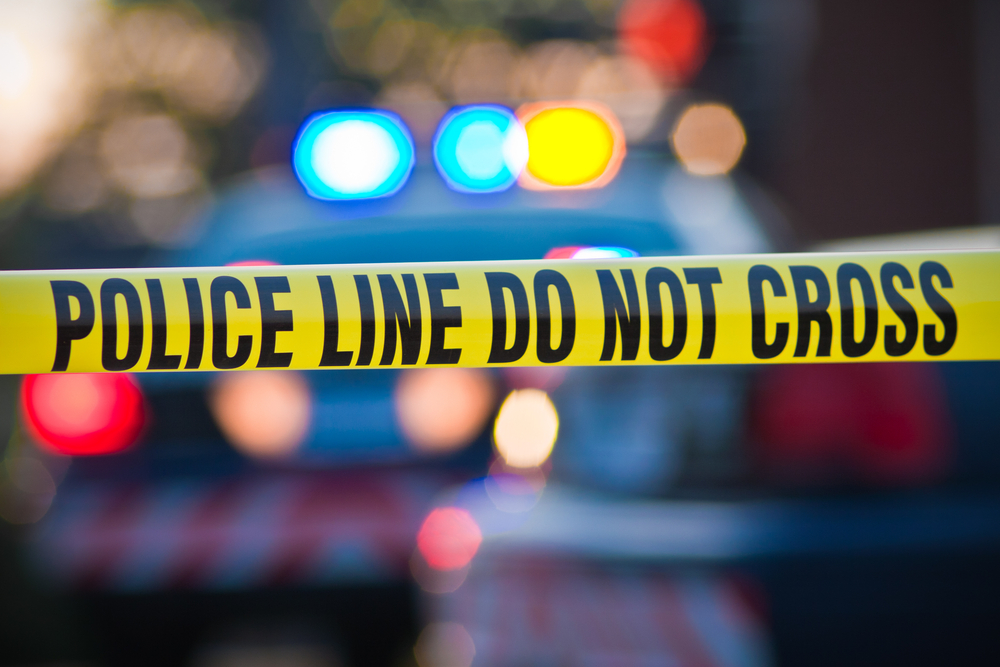From Cowtown to Coffeetown

Americans are an odd lot with fierce loyalties.
We’ve long been picky about our pizza—even hostile over hot dogs. But less than a generation ago, coffee became cultish. Back when Pike Place in Seattle was still more famous for throwing fish than grinding espresso, Columbus was starting its own evolution from cowtown to coffeetown. In 1988, Tom Griesemer opened Stauf’s Coffee Roasters on a sleepy little street in Grandview, and the once-maligned beverage of beatniks became the currency of a new Columbus culture.
“Before Stauf’s, there was no coffee scene,” said Andy Dehus, who runs Columbus Food Adventures along with his wife Bethia Woolf. “Now Columbus is recognized for its full range of credible, quality coffee.” The couple’s business offers behind-the-scenes group tours of Central Ohio’s intriguing eats and obscure cuisine. Known for their taco-truck trips and ethnic eatery excursions, Columbus Food Adventures also hosts a traveling coffee tour.
These expeditions cater to local aficionados and out-of-towners looking to start their own roasting businesses, who consider Columbus a destination and an inspiration. The tour includes an intro to espresso at Café Brioso downtown, a roasting and “cupping” session at Stauf’s wholesale operation in Hilliard, and lessons on improving home-brewing at Luck Bros’ in Grandview.
“The collaborative relationship between competitors is unique to Columbus,” Dehus said. “There isn’t the pettiness you might expect.”
The annual North Market Coffee Roast and regular “barista jams” keep the community connected through positive competition, according to John Justice, director of operations at Café Brioso. The High Street hot spot was started in 2001 by Jeff Davis, formerly the head roaster for Stauf’s.
“There are so many styles and expressions in local coffee, we actually encourage our employees to go to each other’s shops,” Justice said.
“We’re in an urban setting, so we have to operate at the tempo of our customers,” he continued, emphasizing how the neighborhood dynamic plays a significant role in the overall experience. “We’ve rounded off the rough edges to remain focused on providing the highest-quality coffee while still raising expectations. We’re in one of the only industries where we see our customers every day.”
The close proximity and varied specialties of downtown coffee roasters inspired the Columbus Coffee Trail, a self-guided, eight-stop itinerary promoted by Experience Columbus.
“The Columbus Coffee Trail was eight months in the making and helps people follow the evolution of coffee,” said Joe Capatosto, director of customer experience at Mission Coffee Co., which brings the national coffee scene closer to Columbus through a rotating repertoire of roasters from Chicago, Portland, Nashville, and other burgeoning coffee locals.
“People also love our cold-brew growlers, which we dispense on tap,” added Capatosto. “Cold-brewing has less acidity and showcases the chocolate properties of the coffee.” Along with the seasonal shift to steamed milk, espresso drinks, Mission Coffee Co. also introduced a cascara cider.
“It’s a tea made from dried coffee cherries steeped with local spices,” he explained. “Typically the fruit of the coffee that remains is discarded. The cider turns a waste product into something more sustainable.”
Innovative repurposing and environmental responsibility also converge at Backroom Coffee Roasters, which operates adjacent to the Trek Bicycle location on Lane Avenue. Launched in 2010, the micro-roaster grew out of founder Chris Bishop’s shared passion for cycling and coffee—and an available “backroom” at the bike shop.
“I’d been roasting coffee at home for years, in part because I lived north of the city,” Bishop said. “At the time, once you passed Polaris, there just weren’t many coffee shops or any roasters. People outside of Columbus bought their coffee at the grocery store.”
Unlike most local roasters, Backroom Coffee doesn’t have its own retail coffee shop presence, instead opting to distribute to businesses and local specialty markets like Weiland’s, Lucky’s, Clintonville Community Market, and Earth Fare.
“If you’re within a seven-mile radius of us, we even deliver coffee by bike,” Bishop said, also explaining how imported Danish cargo bicycles became part of the company’s purpose and logo. “We built our brand around it.”
The company’s commitment extends beyond just their novel delivery. As a member of “1 Percent for the Planet,” Backroom Coffee Roasters donates 1 percent of their “top-line” revenue to local sustainability projects and programs, like Simply Living.
The “farm-to-cup” philosophy is also evident at Impero Coffee Roasters, founded in 2009 by Matt and Lucinda Sontag—first as a wholesale roaster, but now with a Short North retail location as well.
“We focus on direct relationships with farms. Our roaster has worked in the same fields side by side with our farmers,” explained Joe Shaw, Impero’s operations manager. “We only roast in 10-pound batches, for greater control. We’re small-scale by design.”
The mix of patrons who work and live in the neighborhood keeps them connected to the community, Shaw said. “Unlike in larger cities, we’re still a very approachable shop. Our customers ask for recommendations, and offer suggestions. That’s how we grow; that’s how every coffee roaster grows.”
BROUGHT TO YOU BY





